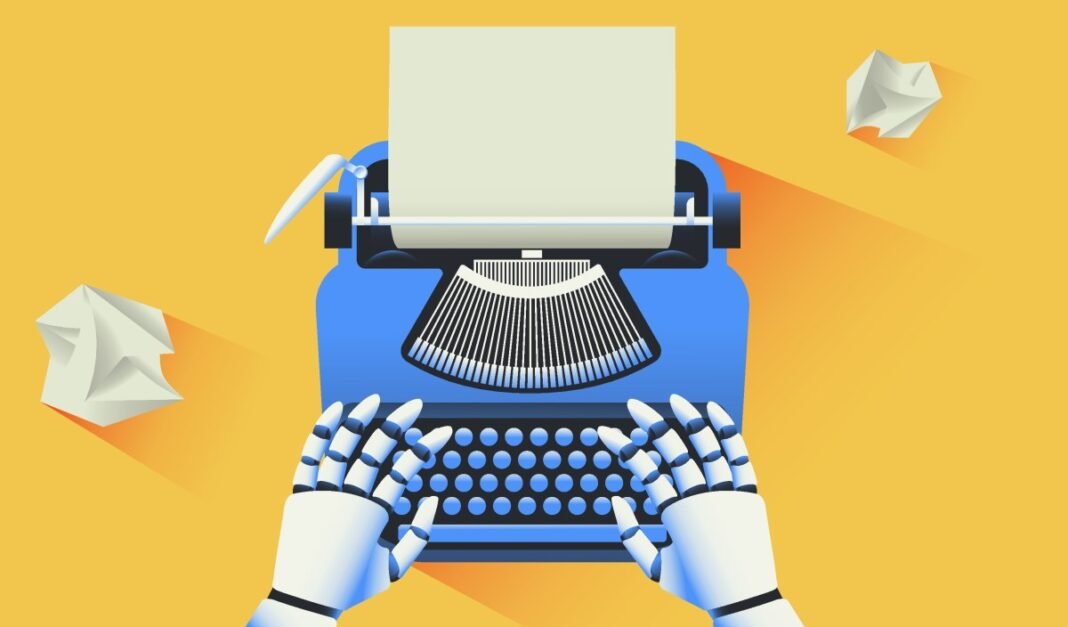New Study Raises Questions About OpenAI’s Use of Copyrighted Content in AI Training
A recent study suggests that OpenAI may have inadvertently trained its AI models on copyrighted content, intensifying ongoing legal battles with authors and rights-holders.
Lead: A groundbreaking study co-authored by researchers from several prestigious universities raises serious questions about OpenAI’s training practices. This research indicates that at least some of the company’s advanced AI models, including GPT-4, may have memorized copyrighted content from books and articles without authorization. The revelations come at a time when OpenAI faces multiple lawsuits from authors, developers, and other rights-holders who accuse the company of benefitting from their intellectual property without consent.
Study Methodology and Key Findings
– **Focus on High-Surprisal Words**: The study introduces a novel method for detecting “memorization” in AI models using high-surprisal words.
– **Investigated Models**: Researchers examined multiple OpenAI models, including GPT-3.5 and GPT-4.
– **Results on GPT-4**: Findings show that GPT-4 has likely memorized sections from copyrighted books and articles.
Understanding High-Surprisal Words
According to the researchers, high-surprisal words are terms that stand out as statistically rare within a broader text context. For example, the use of “radar” in an unexpected sentence such as “Jack and I sat perfectly still with the radar humming” qualifies as high-surprisal.
The study analyzed snippets from various sources, such as popular fiction and articles from the New York Times, testing the models’ ability to guess the masked high-surprisal words. When models accurately identified these words, it indicated potential memorization during training.
Implications for OpenAI and Copyright Law
– **Lawsuits and Allegations**: OpenAI is currently facing lawsuits from numerous authors accusing the company of using their copyrighted materials without permission.
– **Fair Use Defense**: OpenAI has historically defended its practices using a fair use argument, asserting there’s a legal allowance for training AI models on copyrighted data. However, plaintiffs argue that such exemptions do not exist under U.S. copyright law.
Expert Insights on Findings
Abhilasha Ravichander, a doctoral student at the University of Washington and co-author of the study, emphasized the importance of transparency in AI training. She stated:
“In order to have large language models that are trustworthy, we need to have models that we can probe and audit and examine scientifically. Our work aims to provide a tool to probe large language models, but there is a real need for greater data transparency in the whole ecosystem.”
OpenAI’s Current Position on Data Use
OpenAI has called for looser restrictions regarding the use of copyrighted materials in AI training, arguing for a need to codify fair use in relation to artificial intelligence.
– **Content Licensing**: The company has established some licensing agreements and provides options for copyright owners to exclude their works from training datasets.
– **Lobbying Efforts**: OpenAI has actively lobbied governments to create clearer guidelines around fair use and AI data training practices.
Conclusion: The Future of AI and Copyright
The findings of this recent study only amplify existing legal challenges for OpenAI as it grapples with accusations of unauthorized use of copyrighted material. With the lack of clear legal frameworks governing AI training methods, the debate about the future of copyright in this emerging field has never been more urgent. As researchers advocate for greater transparency, it is clear that the landscape for AI development will continue to evolve and face scrutiny.
Keywords: OpenAI, copyrighted content, AI training, GPT-4, legal battles, fair use, high-surprisal words, data transparency, intellectual property, University of Washington.
Hashtags: #OpenAI #Copyright #AITechnology #GPT4 #LegalChallenges #DataTransparency #ArtificialIntelligence
Source link




